
Episode 7
2 comments
More from this show
Tony Defries recalls The Year of the Diamond Dog.
Tony Zanetta continues his recollections of his many MainMan adventures with David Bowie in 1973.
Tony Zanetta recalls his exciting adventures in the summer of '73 on the road with David Bowie.
Tony Defries describes the inspirations for the songs on David Bowie's classic Aladdin Sane album
Brian Duffy created the now legendary Aladdin Sane album cover in 1973. Duffy's son Chris tells the story behind the image.
Tony Defries explains the themes of loneliness, isolation, spirituality and psychosis that inspired David Bowie's 1973 masterpiece Aladdin...



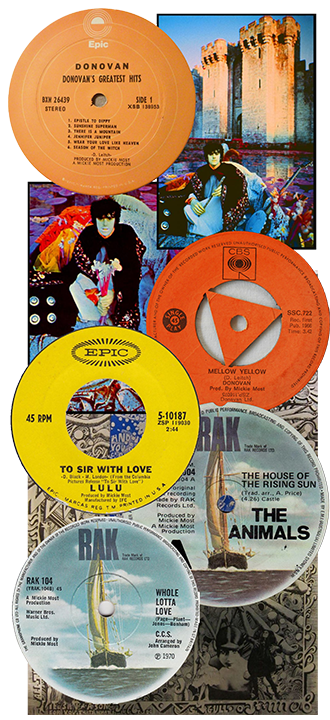
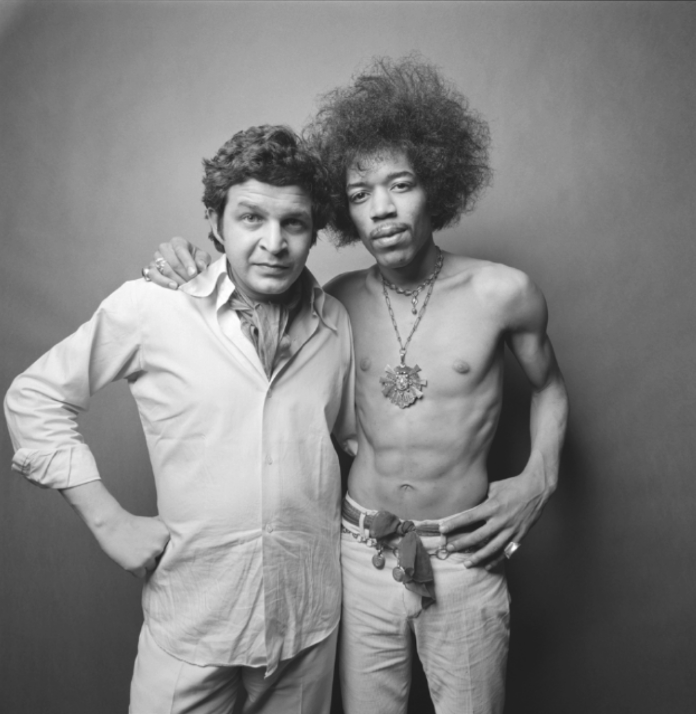
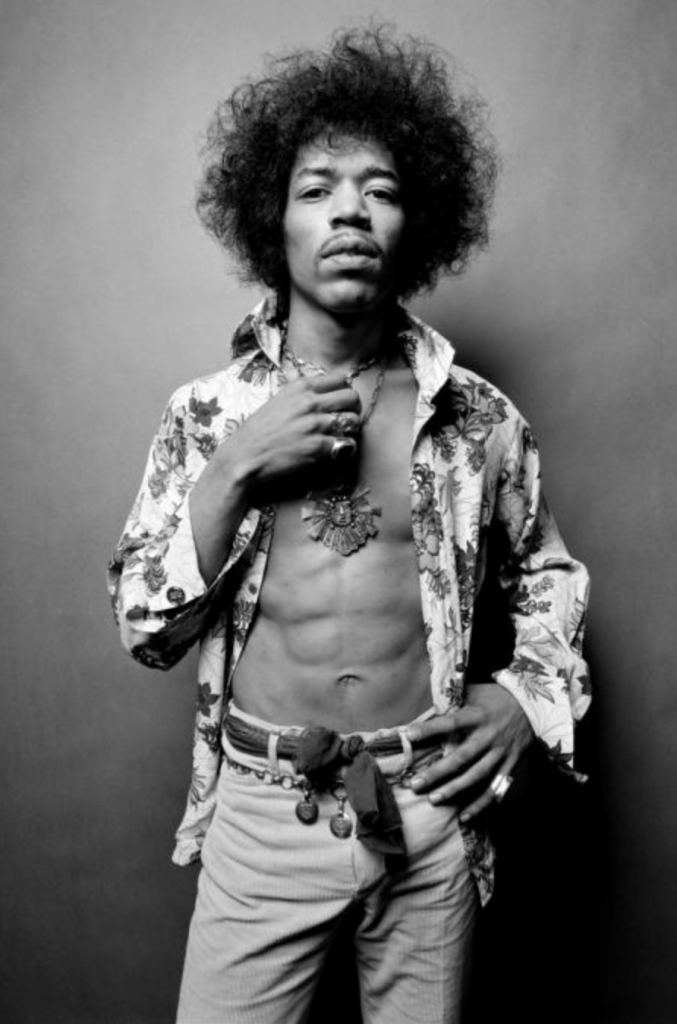
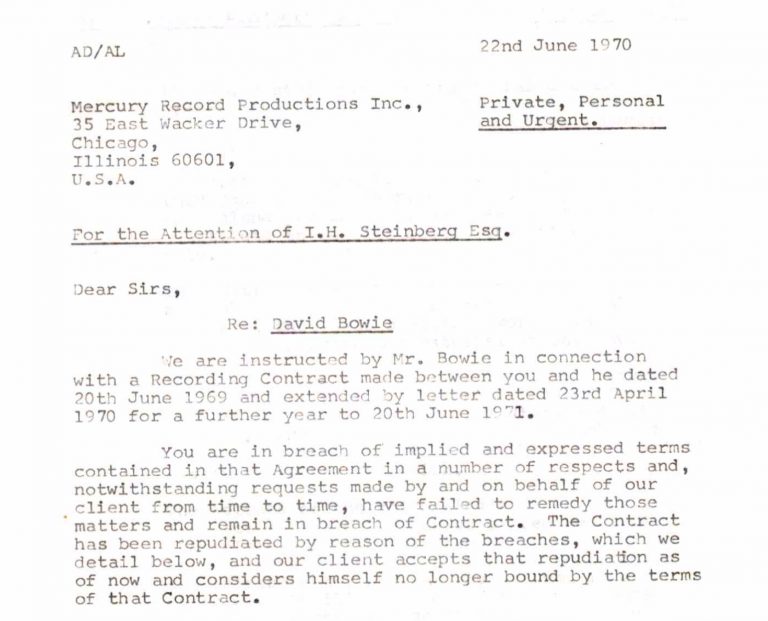
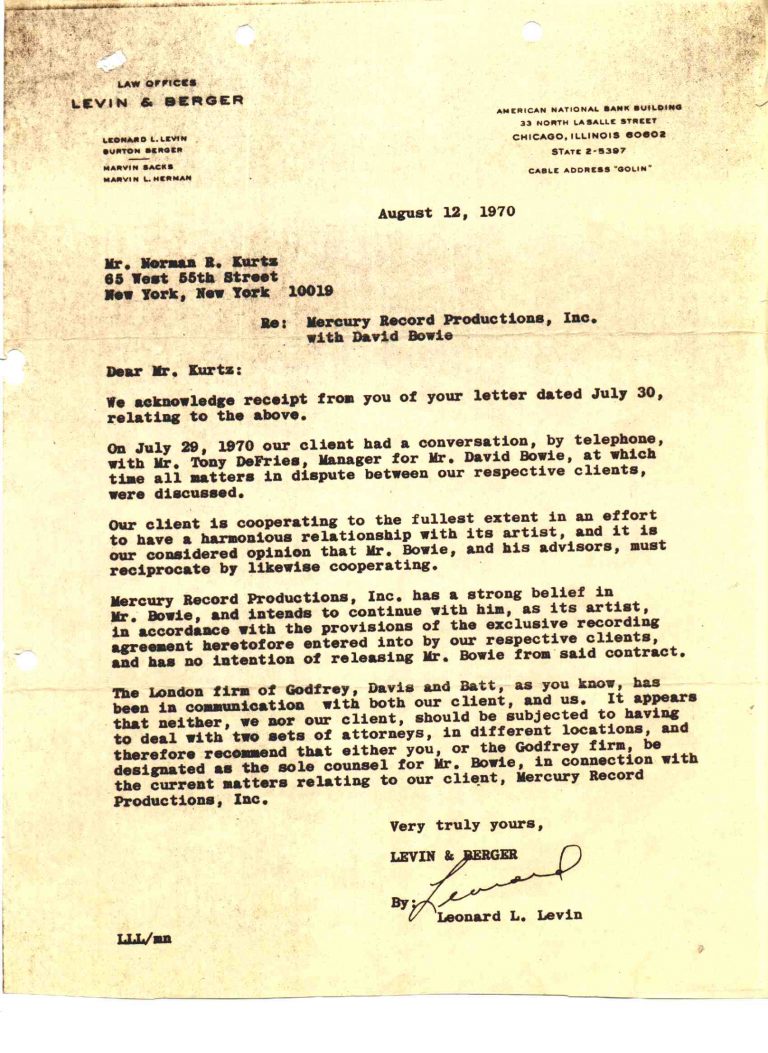
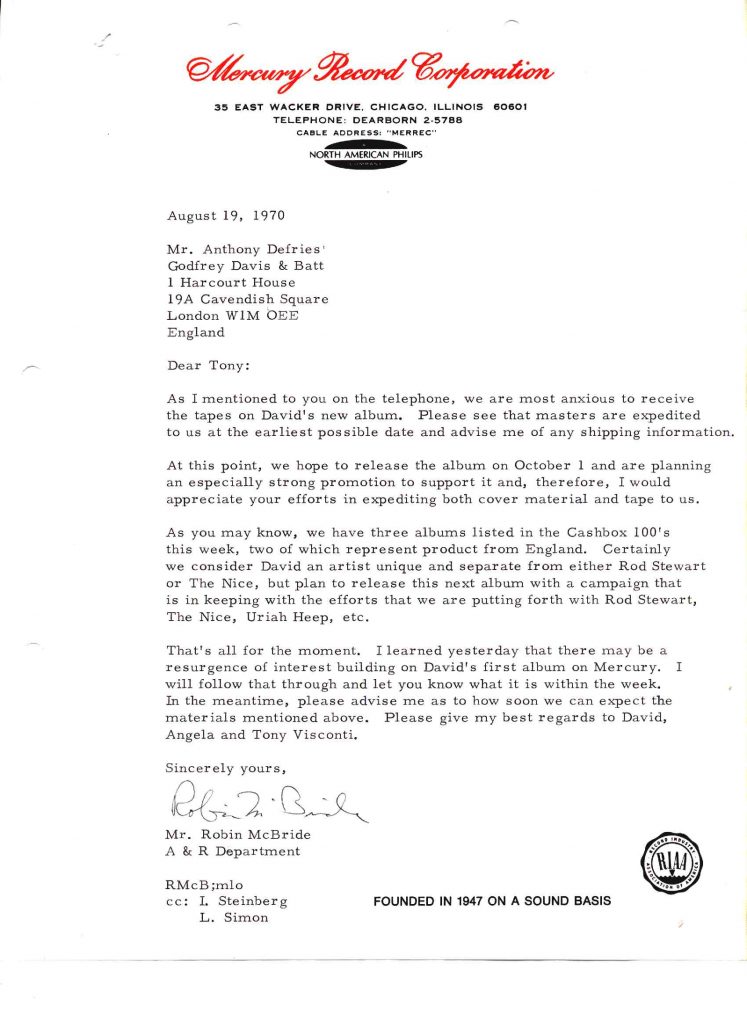
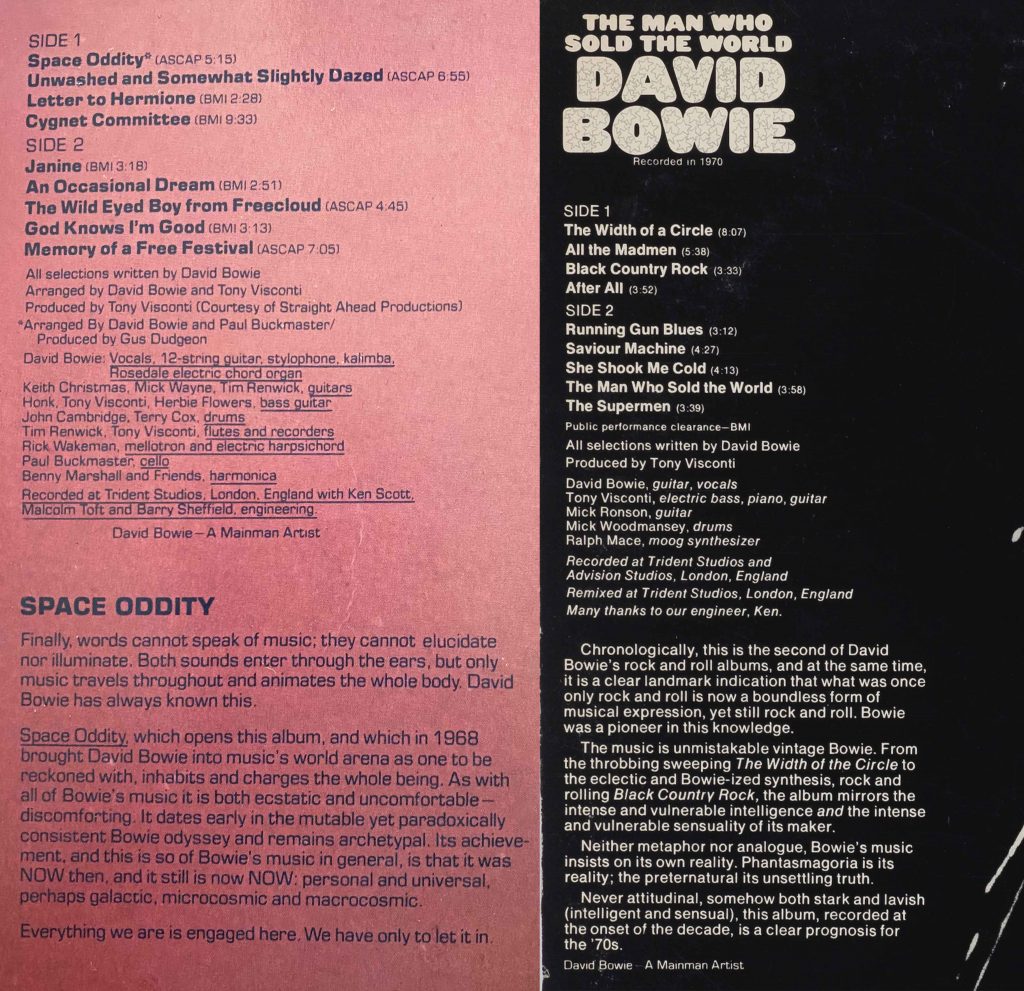
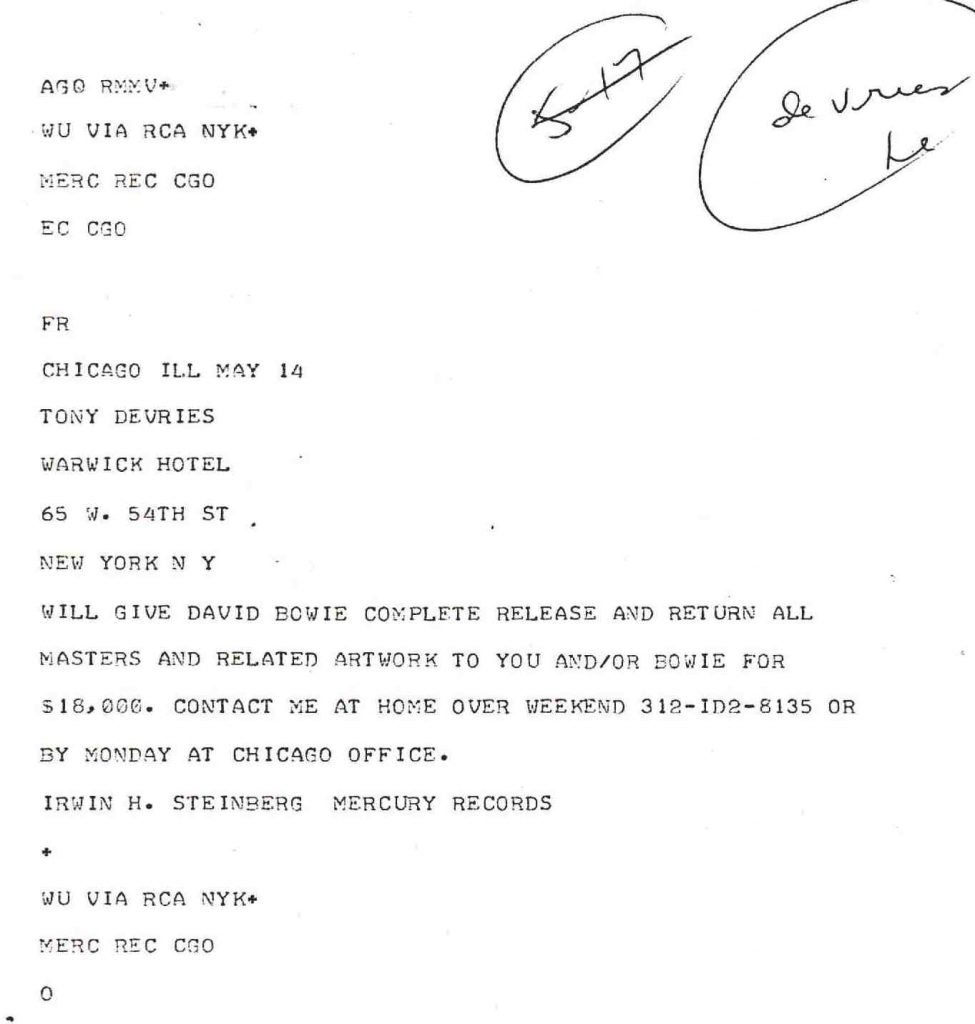
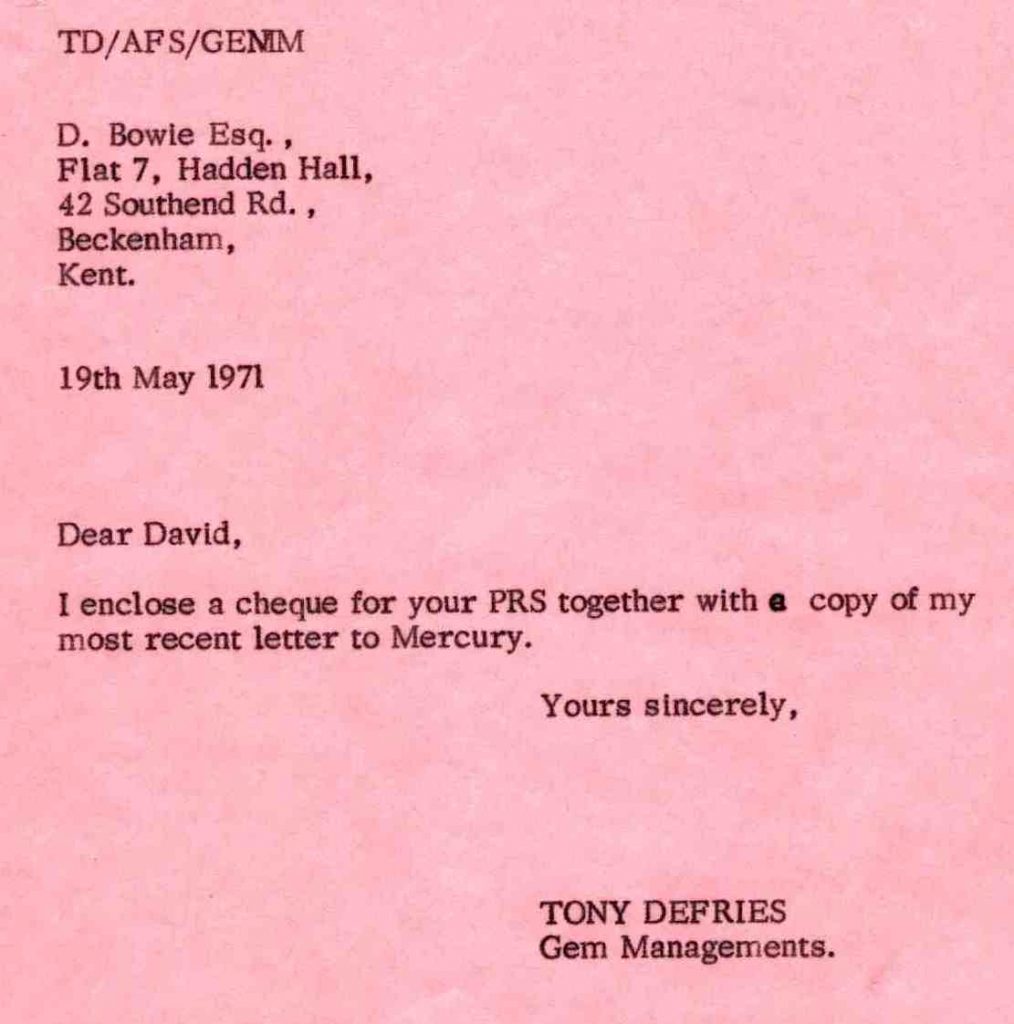
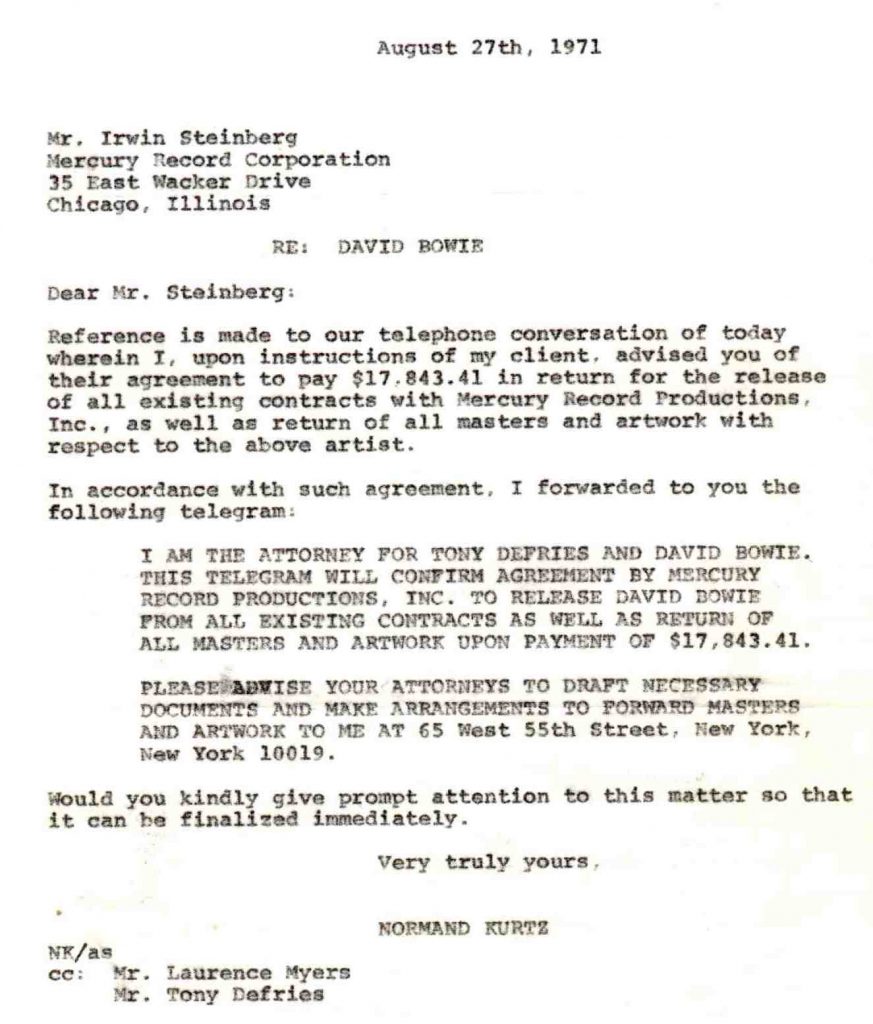
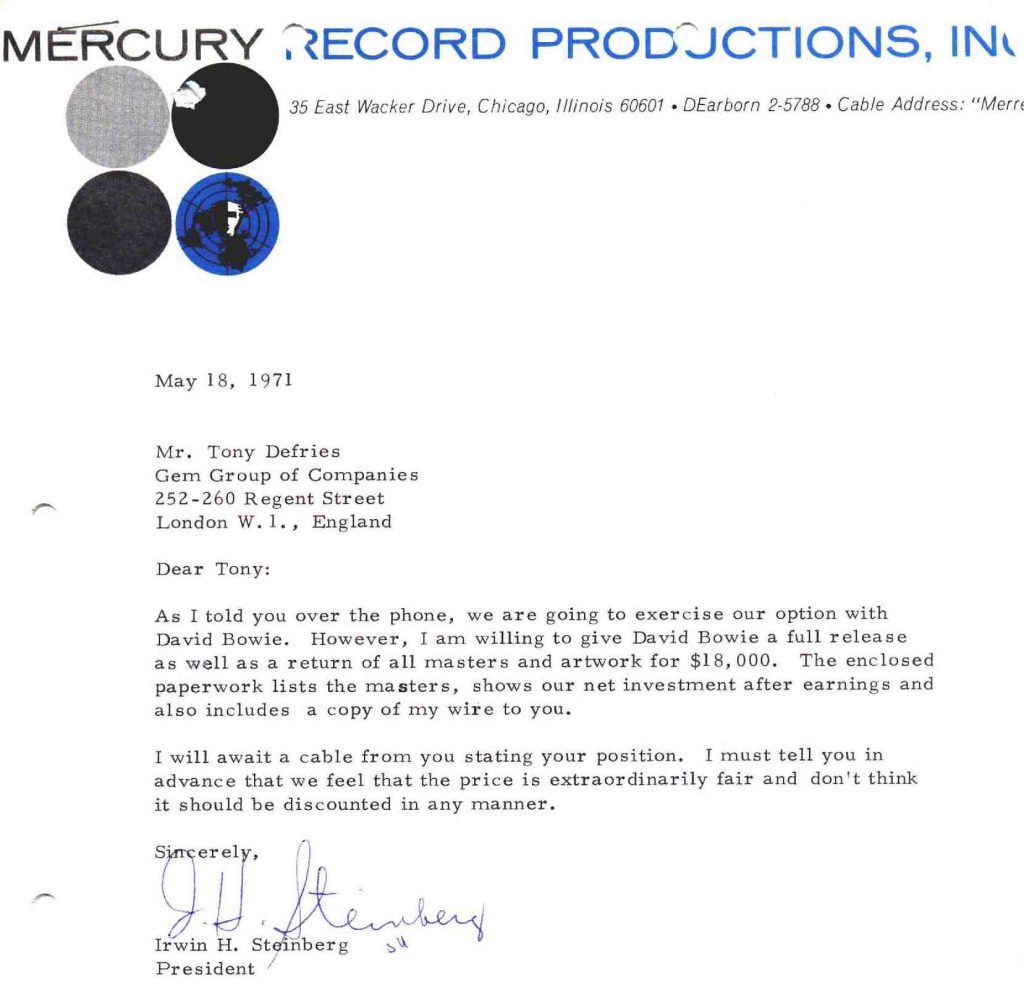
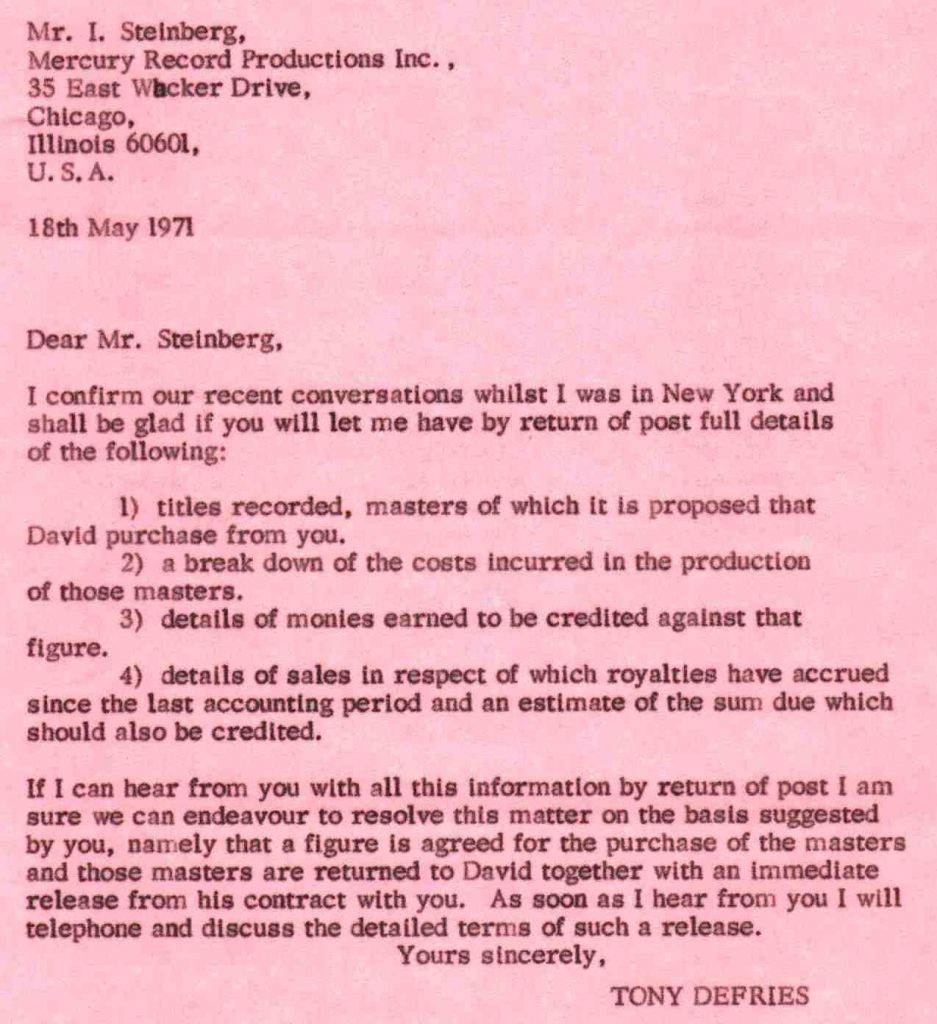
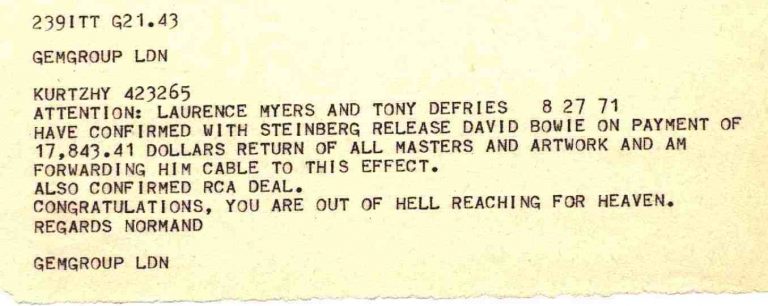






[…] Listen here […]
[…] Episode Seven […]